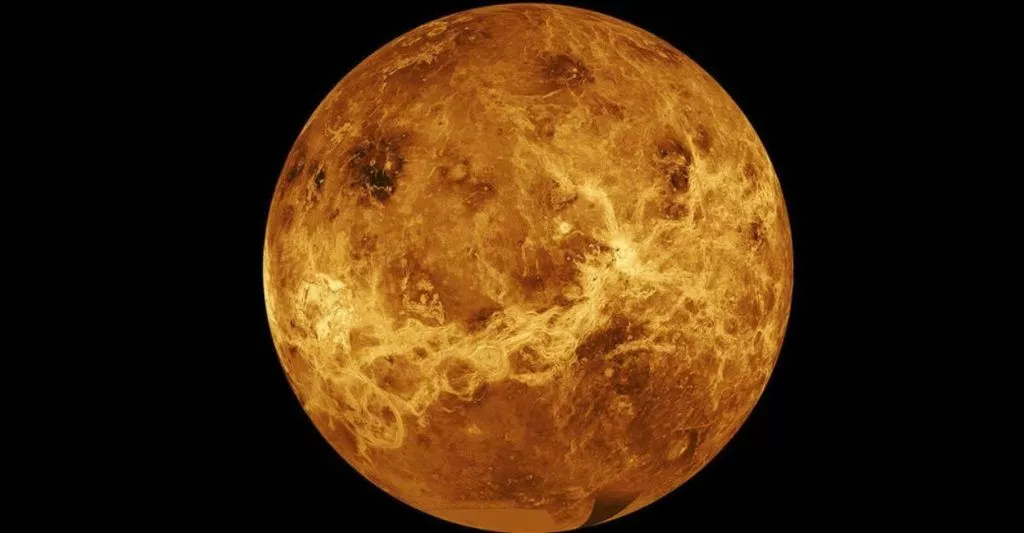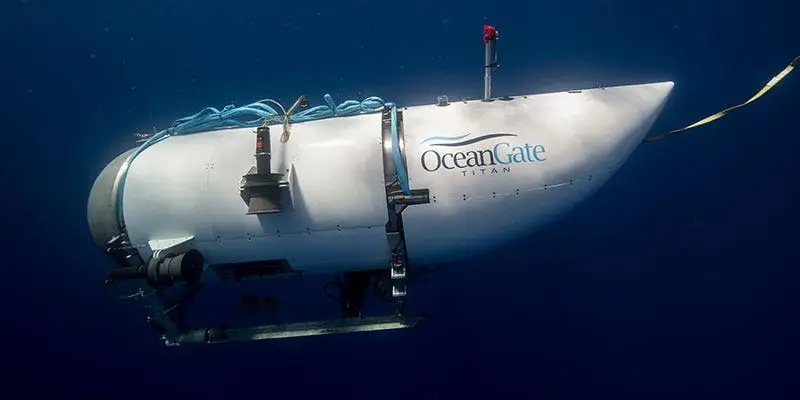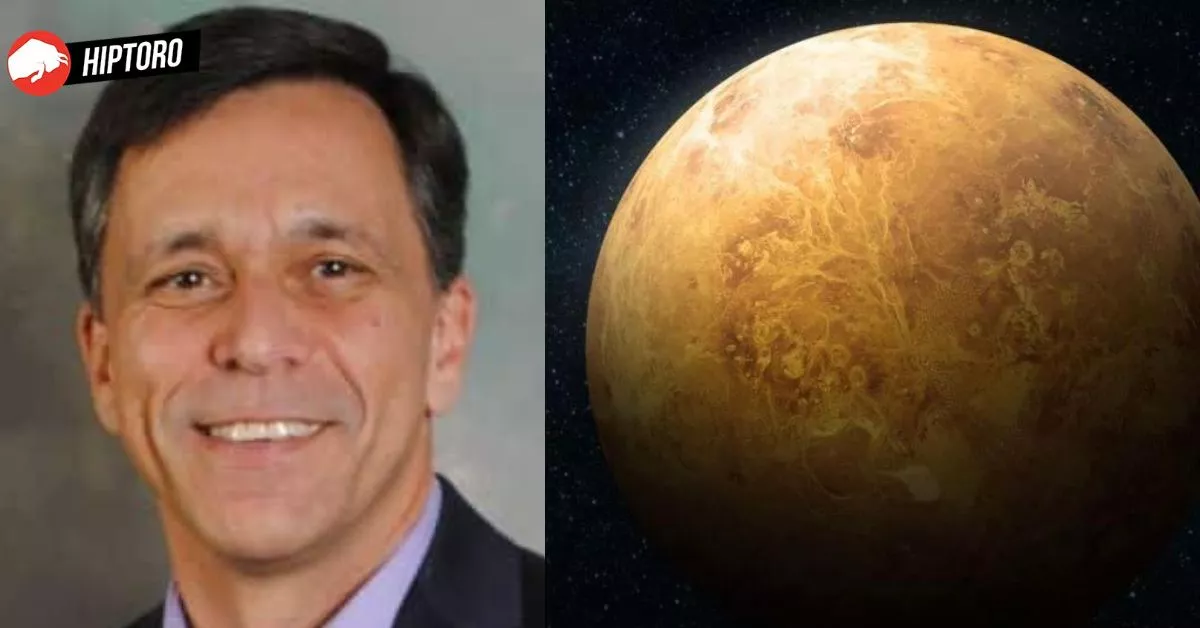OceanGate co-founder, Guillermo Sohnlein has voiced a visionary goal for the future of space exploration. By the year 2050, Sohnlein wants to send a whopping 1,000 people to a floating space colony on Venus, a planet long considered completely uninhabitable by scientists.

OceanGate Co-Founder Plans To Colonize Venus
Commonly associated with its extreme surface conditions – temperatures hot enough to melt lead, crushing atmospheric pressure, and clouds of sulfuric acid – Venus does not initially appear to be an attractive destination for human colonization. But Sohnlein’s vision circumvents these challenges with a proposal to inhabit the planet’s upper atmosphere, rather than its inhospitable surface.
The OceanGate co-founder told Business Insider, that agrees that the idea of sending humans to Venus may not be well-received by others.
“You’re absolutely right that when you talk about going to Venus, it would raise eyebrows outside the space industry. And it even raises eyebrows inside the space industry.”
Sohnlein’s idea hinges on a fascinating fact. Around 30 miles up in Venus’ atmosphere, things start to look a little more familiar to us Earth dwellers. The pressure and temperature at this altitude are similar to those at sea level on Earth. While the air composition is still vastly different, with a predominance of carbon dioxide, the potential for a floating colony in this ‘Goldilocks zone’ starts to seem less far-fetched.

“I think I’ve been driven to help make humanity a multi-planet species since I was 11 years old,” he said.
Sohnlein also added that, “I had this recurring dream of being the commander of the first Martian colony.”
The idea of colonizing Venus is not new, but it has been considered a challenging task due to the planet’s harsh environment. Venus has a thick atmosphere made mostly of carbon dioxide, with temperatures that can reach up to 864 degrees Fahrenheit (462 degrees Celsius), which is hotter than the surface of Mercury.
The OceanGate co-founder believes that the technology to create a floating colony on Venus already exists and that it is just a matter of adapting it to the planet’s conditions. He suggests that the colony could be built using materials that are resistant to high temperatures and pressure, such as titanium and ceramics.
OceanGate Co-founder Discusses The Titan Submersible Tragedy
While expressing his views on the Venus expedition, Sohnlein was confronted with questions about the recent unfortunate tragedy of the Titan submersible which took 5 lives. He asserted that it is essential to aspire for such things for the sake of human evolution.
“I don’t think that should have a negative connotation because you could almost argue that it’s a critical element of humanity moving forward.”
“If we didn’t have people that like this, we’d probably all still be in caves.”
He also took a dig at Musk’s plan to colonize Mars, while talking to Business Insider,
“I think it is less aspirational than putting a million people on the Martian surface by 2050.”

The OceanGate co-founder further stated that the Titan tragedy shouldn’t hold back humanity.
“Forget OceanGate. Forget Titan. Forget Stockton. Humanity could be on the verge of a big breakthrough and not take advantage of it because we, as a species, are gonna get shut down and pushed back into the status quo.”
While the OceanGate co-founder’s idea of colonizing Venus may seem far-fetched, it is not the only proposal for human settlement in space. Other projects, such as Elon Musk’s SpaceX and Jeff Bezos’ Blue Origin, aim to establish colonies on Mars and the Moon, respectively. These projects also face significant challenges, but they demonstrate the growing interest in space exploration and the potential for human expansion beyond Earth.









